Considering bariatric surgery is a significant step towards transforming your health and lifestyle, and it's completely normal to have questions and concerns. In this guide, we'll walk you through the essential preparations for your journey, from understanding the procedure to setting realistic expectations. You'll find valuable tips and insights that can help you navigate this life-changing process with confidence. So, grab a cup of tea, sit back, and join us as we dive deeper into the world of bariatric surgery preparation!

Patient Information
Bariatric surgery preparation involves comprehensive patient education and medical assessments to ensure optimal outcomes. Candidates for obesity surgery, such as gastric bypass or sleeve gastrectomy, typically undergo evaluations including BMI calculation (Body Mass Index), nutritional counseling, psychological assessments, and medical history reviews to identify potential comorbidities (associated health issues like diabetes or hypertension). Pre-operative requirements may also include laboratory tests (blood work) and imaging studies (ultrasound or endoscopy). Patients are advised on necessary lifestyle modifications, including dietary changes and exercise regimens, to enhance post-surgical success. Ensuring support systems are in place, including family involvement and access to support groups, assists in the emotional and physical transition into a healthier lifestyle following surgery.
Pre-operative Instructions
Bariatric surgery preparation requires meticulous adherences to pre-operative instructions to ensure optimal outcomes. Patients must undergo a comprehensive assessment, including evaluations of body mass index (BMI), laboratory tests, and cardiopulmonary clearance. Nutritional modifications, typically initiated two to four weeks prior, involve transitioning to a high-protein, low-carbohydrate diet to reduce liver size and enhance surgical access. Daily hydration is crucial, aiming for at least 64 ounces of water while avoiding sugary beverages. Smoking cessation is mandated, as tobacco use significantly complicates healing and increases risks. Patients should arrange for post-operative support, including transportation and assistance at home for at least the initial week of recovery. Lastly, understanding and preparing for potential complications such as infection or staple line failure is also essential for informed decision-making.
Dietary Guidelines
Bariatric surgery preparation requires adherence to specific dietary guidelines for successful outcomes. Pre-operative dietary phases often begin with a low-calorie diet, typically ranging from 800 to 1,200 calories daily. Patients are advised to consume high-protein foods, like lean meats and legumes, to preserve muscle mass. Adequate hydration is essential, with an emphasis on water intake of at least 64 ounces per day. Fiber-rich foods, such as fruits and vegetables, help ensure digestive health. Additionally, avoiding sugary beverages (including sodas with high-fructose corn syrup) and processed foods supports weight loss. Some healthcare providers recommend vitamin and mineral supplements, particularly those containing iron, calcium, and vitamin D, to address potential deficiencies post-surgery. Adhering to these guidelines fosters a conducive environment for the surgical procedure and enhances recovery efficiency.
Medication Adjustments
Bariatric surgery preparation necessitates careful medication adjustments to ensure patient safety and optimal surgical outcomes. Patients typically need to review their current medications with a healthcare provider, which may include assessing blood pressure medications, diabetes medications, or blood thinners like warfarin. Certain medications might require dosage adjustments or a switch to alternative formulations, especially in patients using medications with potential gastrointestinal side effects. Additionally, vitamins and supplements may need to be initiated prior to surgery to address nutritional deficiencies, with particular attention to vitamins B12, D, and iron. Dosing schedules may also shift to accommodate the preoperative fasting guidelines provided by the surgical team, which usually begins one to two days before the planned surgery date at designated surgical centers such as Johns Hopkins or Cleveland Clinic. Engaging with a pharmacist experienced in bariatric preparations is crucial to navigate these complexities effectively.
Emotional Support Resources
Emotional support resources play a crucial role in the successful preparation for bariatric surgery, offering guidance and assistance to individuals navigating their weight loss journey. Mental health professionals, including therapists and counselors specializing in obesity and eating disorders, can provide essential coping strategies and emotional support. Local support groups, such as those affiliated with organizations like the American Society for Metabolic and Bariatric Surgery (ASMBS), offer a community of peers sharing similar experiences and challenges. Online forums and social media platforms serve as valuable tools for connecting with others, sharing insights, and finding encouragement. Educational workshops, often held in hospitals or clinics, focus on the psychological aspects of weight loss and behavioral changes, equipping patients with the knowledge to handle post-operative challenges effectively. Access to these resources enhances resilience and promotes a positive mindset, vital components for achieving long-term health and wellness after surgery.

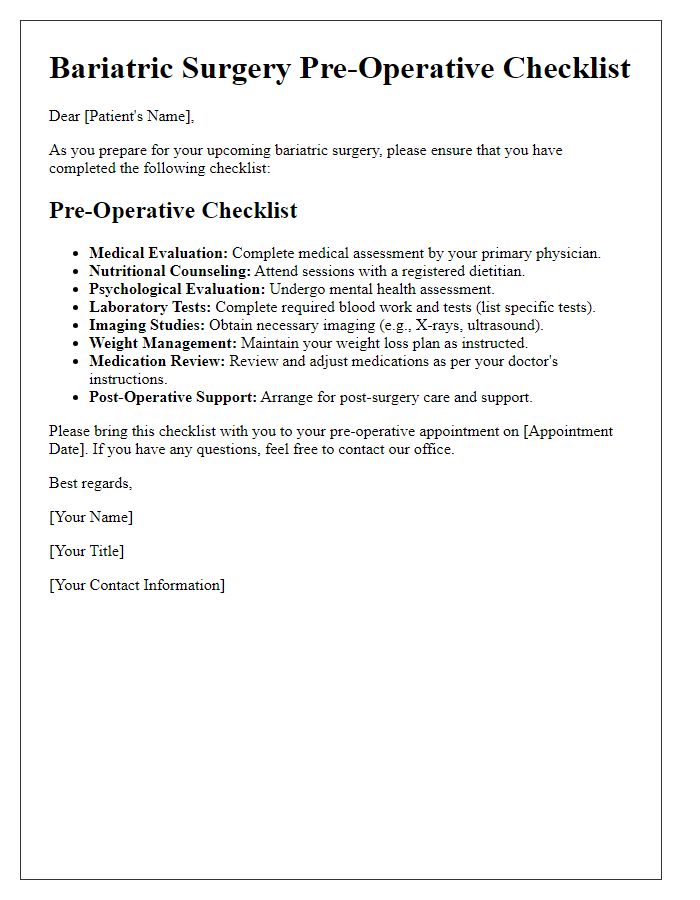
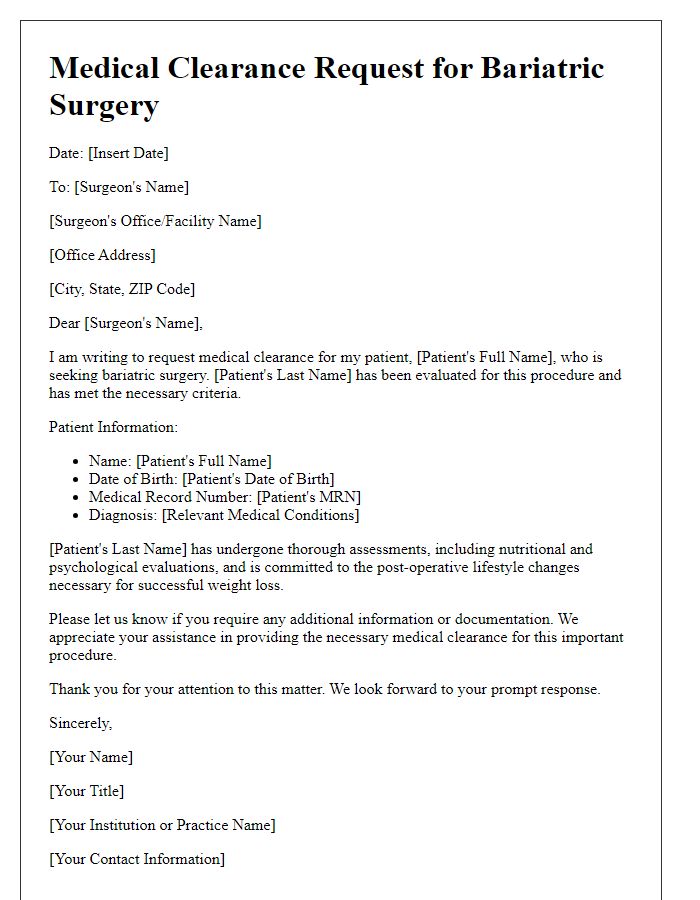
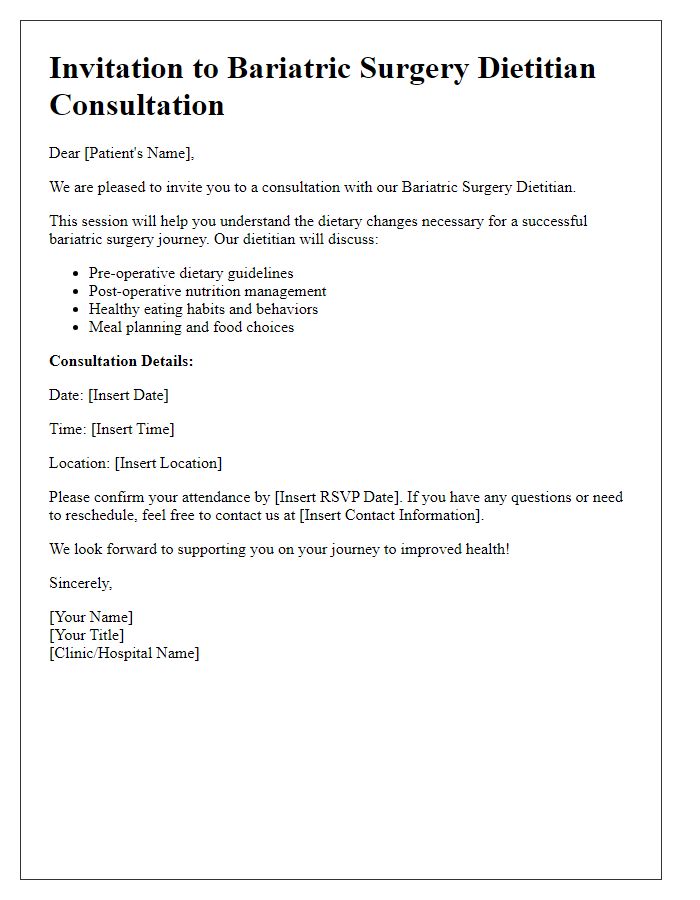
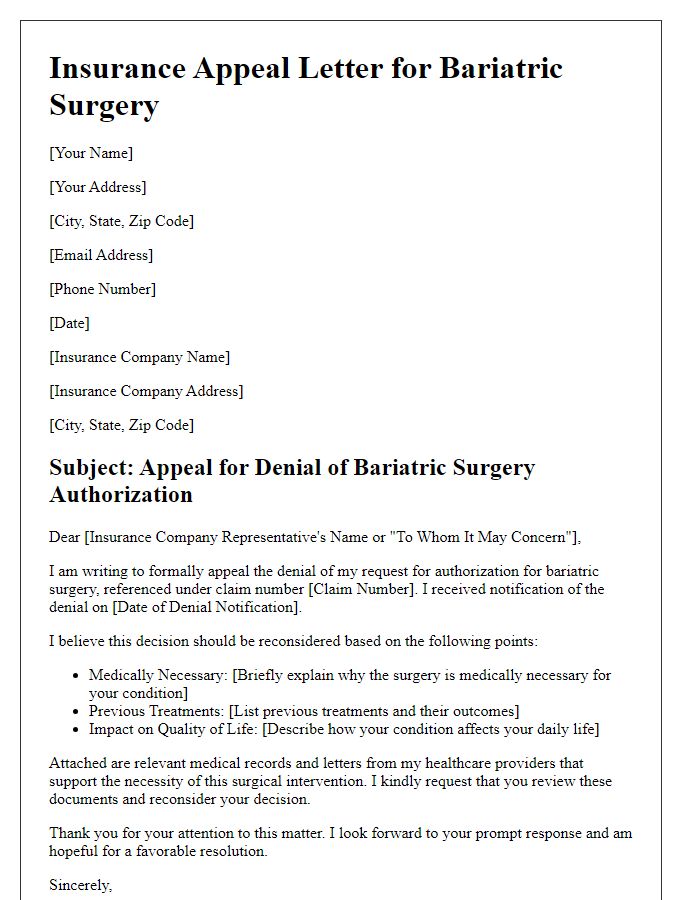
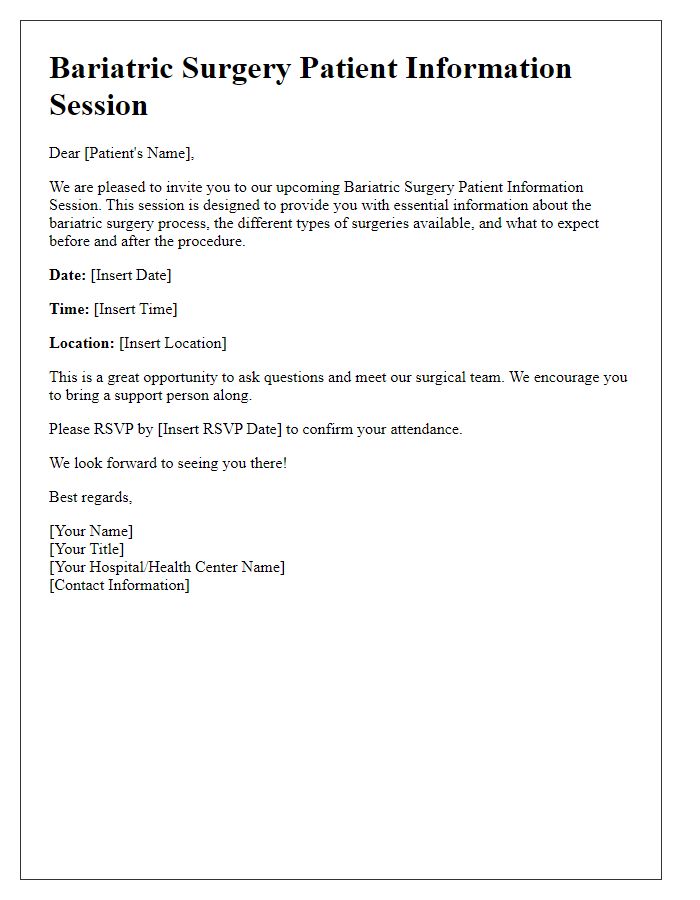
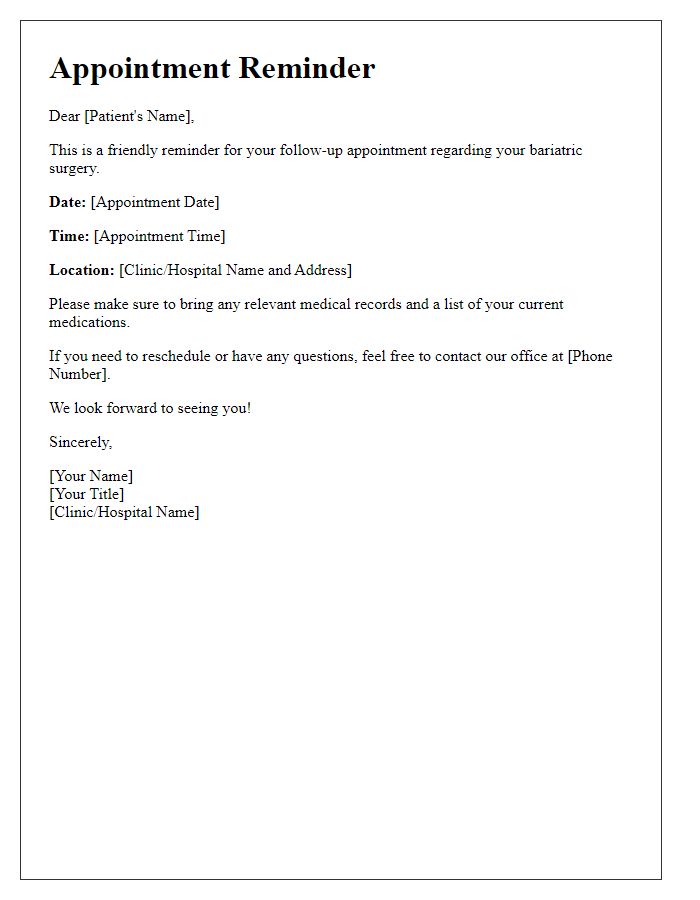
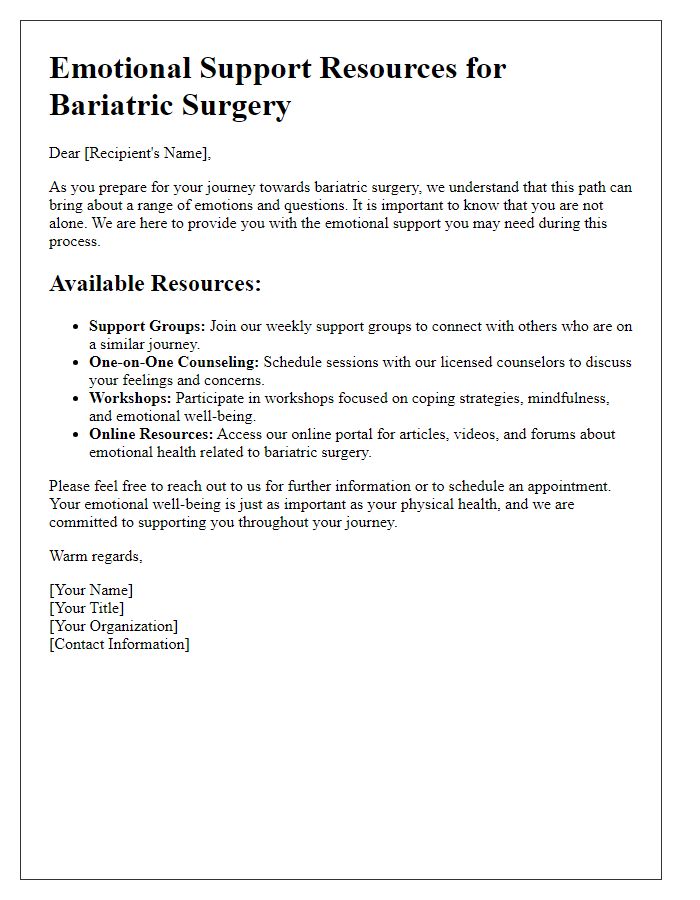
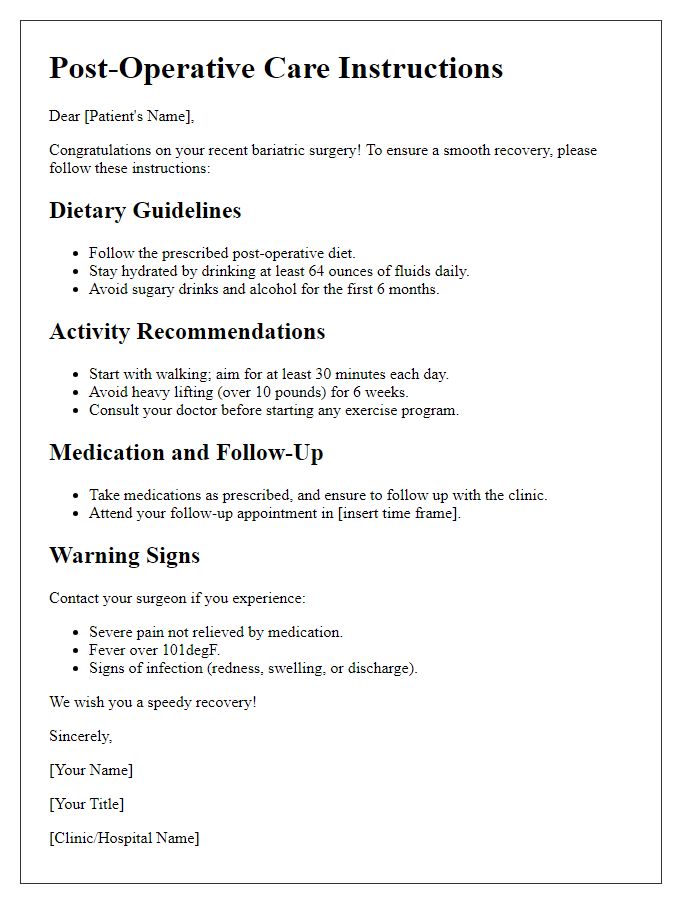
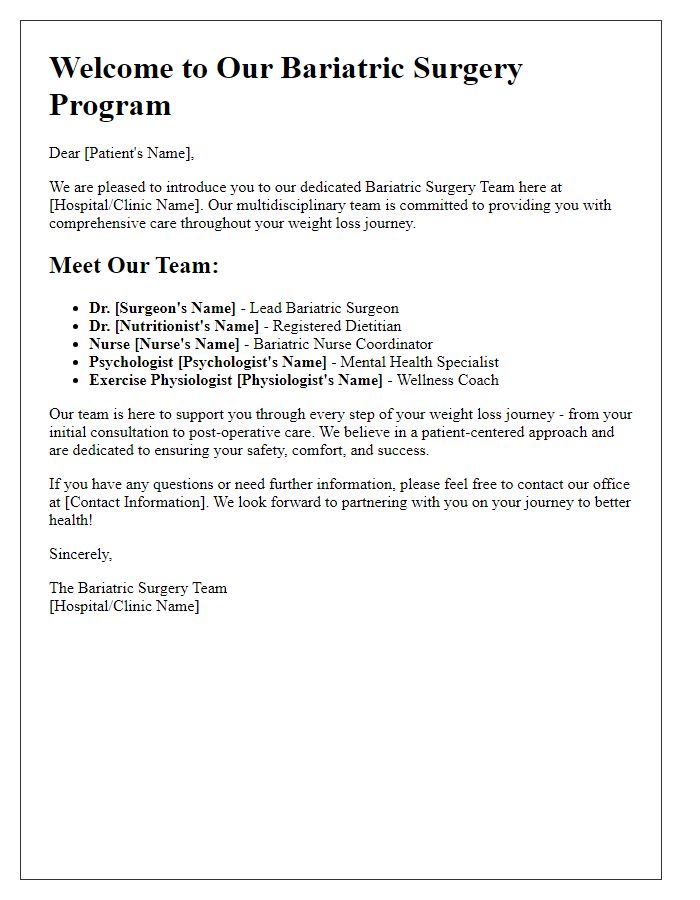
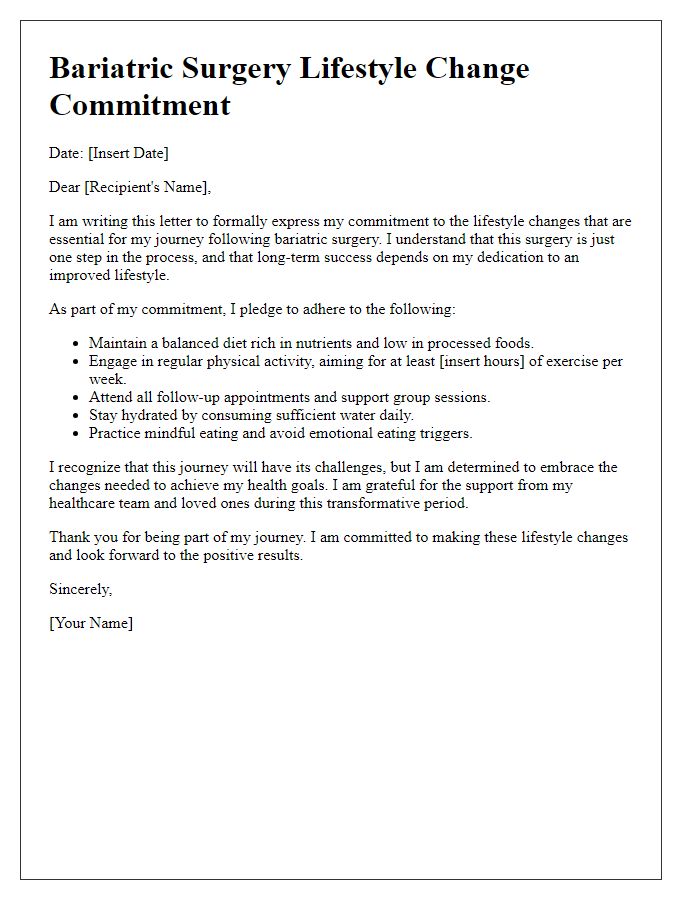


Comments